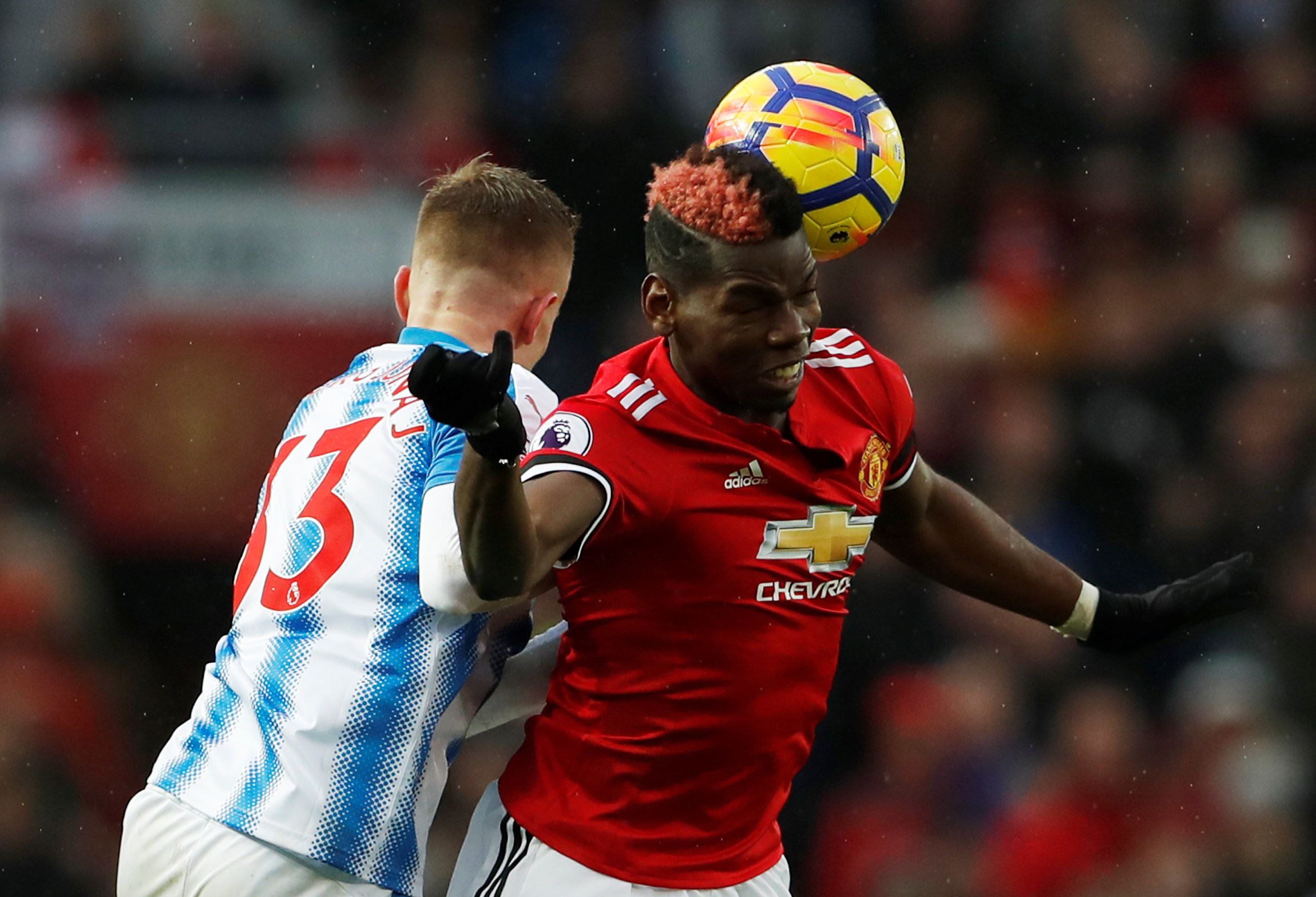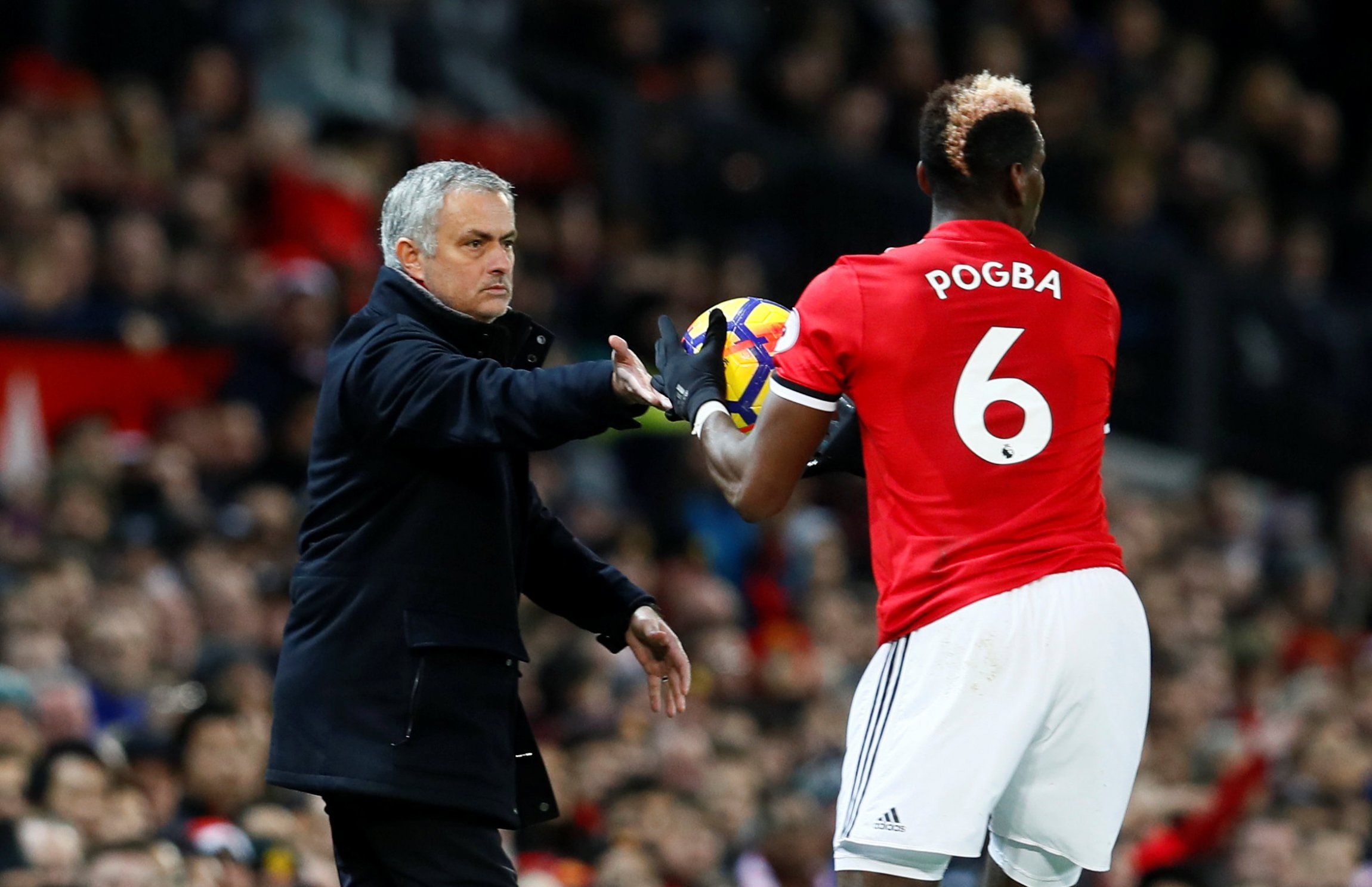When Paul Pogba doesn’t perform, you can be sure that there will be one point raised above all others: his price tag.
If you’re the world’s most expensive player, you probably expect that. And indeed, even after Neymar, Kylian Mbappe and Philippe Coutinho have surpassed the fee paid for Manchester United’s Frenchman, Pogba still remains his club’s record signing and still has to justify the outlay spent on him.
Plenty of others have received it, too. Across Manchester, John Stones got it last year, whilst it’s been a particularly effective stick with which to beat Eliaquim Mangala, now loaned to Everton instead of being trusted at City.
Modern football doesn’t tend to worry too much about the wellbeing of its players, in truth. From the pressure of the game to the few days’ rest between massive fixtures, footballers are often seen as machines, not men, their vast salaries seen as adequate recompense for their fatigue and other problems.
That might well be fair enough. They are indeed paid extremely handsomely, and perhaps it is sufficient in order to turn footballers into the modern day equivalent of dancing monkeys.
It wasn’t always that way.
https://video.footballfancast.com/video-2015/harry-kane-100.mp4
When a young Jimmy Greaves moved from Chelsea to AC Milan in 1961, he found it hard to settle. After just 14 games - and a very respectable nine goals - he wanted to come home: and both his old club Chelsea and Tottenham were interested.
In the end, it was Spurs who won his signature. The north London side had won the double the previous season under Bill Nicholson and were one of the biggest clubs in the country, and indeed they could afford to make him the most expensive player in the history of English football.
The fee paid for him, though, was £99,999, a British record, for sure, but a single, solitary pound short of making Greaves the first £100,000 player, something which would certainly have made headlines all over the country. But instead of piling that sort of pressure onto their new signing, Spurs stopped short in their bid.
Perhaps it’s too far to talk about Nicholson’s Spurs thinking solely about their player’s wellbeing. In reality, they probably felt the pressure would lead to bad performances and as such may well have been a perfectly selfish ploy. If so, it worked - Greaves went on to become the club’s top scorer.
But perhaps Paul Pogba, Manchester United and indeed modern football can learn from that.
When Pogba moved, people did talk about the pressure of the price tag, and they did wonder if it would inhibit his performances. But at the same time, did the club take that into consideration? And in an age when both Manchester clubs as well as plenty of other elite teams around the Premier League and Europe are only going to increase their spending, it seems like a relevant lesson - should clubs take that into account more when negotiating prices for their players?


